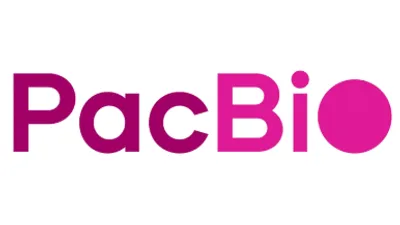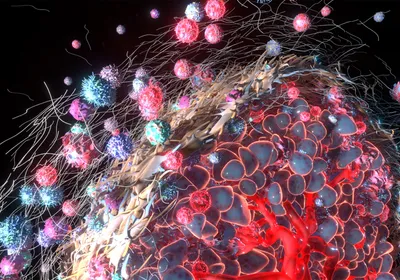 FLICKR, JILL A. BROWN
FLICKR, JILL A. BROWN
A gene variant found in some 30 percent of type 2 diabetics can inhibit the action of p53—the gatekeeper of the cell cycle and one of the most commonly mutated genes across cancers, according to research from Lund University Diabetes Centre.
The gene TCF normally protects insulin-producing ß-cells from damage due to excess sugar exposure. But a number of diabetics have a variant of this gene that impairs the cell’s ability to secrete insulin, eventually killing the ß-cell, thus leading to diabetes.
In a study published in the journal Human Molecular Genetics, the researchers looked for the molecules that interacted with the TCF variant and noticed that one of them was p53. When they blocked TCF in the cell, the levels of p53 went up, ...






















